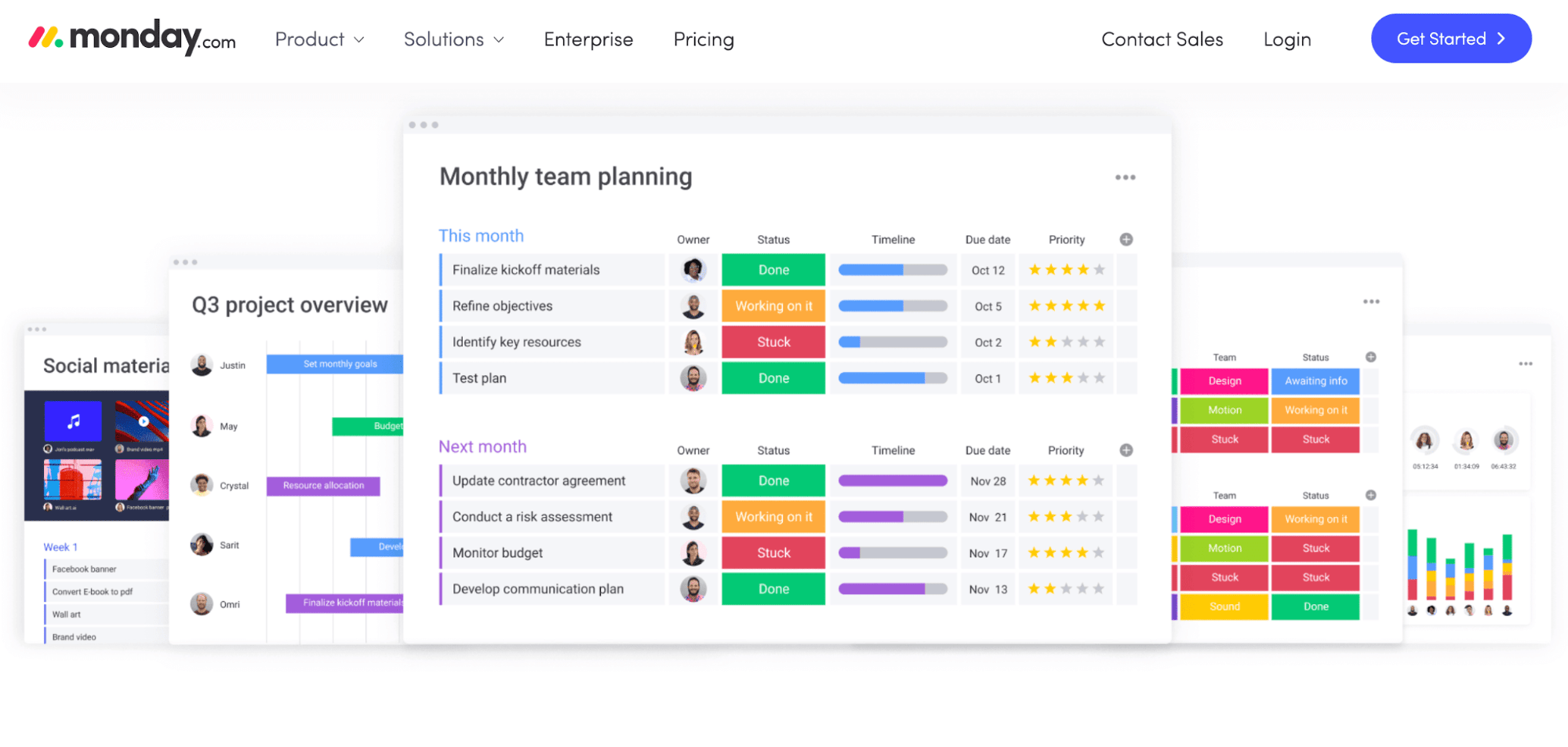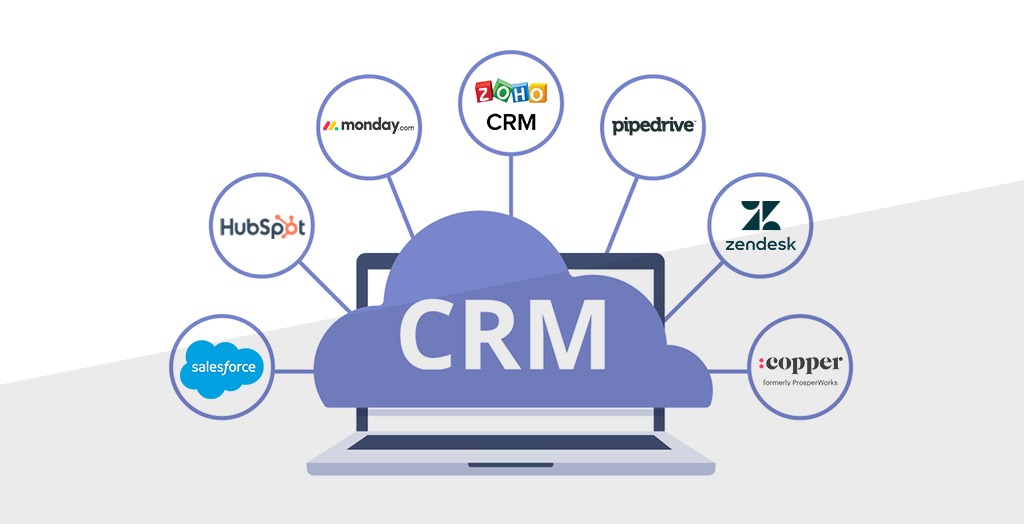When you own a small business, you always look for ways to grow and expand. However, a major obstacle is frequently presented by low financial resources. Here’s where Small Business Administration (SBA) loans may make a difference. SBA loan give entrepreneurs access to reasonably priced capital, empowering them to fuel their goals and grow their companies to new heights.
Comprehending SBA Loans
SBA Loans: What Are They?
The United States Small Business Administration (SBA), a government organization assisting small businesses, provides SBA loans as financial products. They have special qualities that set them apart from regular loans and increase their affordability and accessibility for business owners.
Types of SBA Loans
SBA loans come in various forms, each meeting the demands of businesses. Among the most popular choices are:
– 7(a) loans: These are general-purpose loans that can be utilized for various business needs, including purchasing real estate, equipment, or working capital.
– CDC/504 loans: Designed especially for purchasing equipment and real estate.
– Microloans: Tiny loans intended to give start-ups and small enterprises working capital or seed money.
– Disaster loans: Provided to companies impacted by natural catastrophes to aid reconstruction and recovery.
Benefits of SBA Financing
Compared to conventional financing methods, SBA loans have several benefits, such as: – Lower interest rates.
Extended periods for repayment.
Reduced requirements for a down payment.
– More accommodating qualifying standards.
Qualifications
Although SBA loans provide several advantages, there are certain requirements for qualifying. Usually, these consist of: – Meeting SBA criteria for small businesses.
– Functioning inside a qualified industry.
– Presenting evidence of a financial need.
She is demonstrating the capacity to pay back the debt.
How to Handle the SBA Loan Process
Choosing the Appropriate Loan Program
Selecting the appropriate SBA loan program is essential to optimizing the advantages. Examine the different available loan choices and consider your company’s particular needs. Examine the loan terms, interest rates, fees, and eligibility requirements to make an informed choice.
How to Write a Strong Business Plan
Applying for an SBA loan requires a well-written business plan. This document contains your business’s objectives, plans, financial forecasts, and market research. It shows your company’s potential and aids lenders in determining the feasibility of your project.
Compiling the Required Records
Assemble the necessary paperwork in advance to speed up the loan application procedure. Financial statements for both individuals and businesses may be included.
– Income tax returns.
– Statements from banks.
– Legal records, such as leases, registrations, and licenses.
– Schedule of business debt.
Locating an SBA Lender
The Small Business Administration does not make SBA loans directly available. Rather, authorized lenders like banks, credit unions, and nonprofit institutions are the ones who offer them. Locate and speak with SBA-approved lenders to see which ones are the most suitable for your company.
Putting in the Loan Application
Once a suitable lender has been found, submit your loan application and all required supporting papers. Achieve precision and comprehensiveness to prevent postponements in the assessment procedure.
Processing and Approval of SBA Loans
The lender will ascertain your eligibility after reviewing the information in your loan application. This could entail analyzing your credit history, determining the availability of collateral, and performing a comprehensive credit study. It may take many weeks to finish the entire process.
Payment and Disbursement of Loans
The lender will specify the loan’s terms and conditions, including the amount, interest rate, repayment plan, and any collateral requirements if your loan application is accepted. Pay back loans on time to keep your credit score high and open up more funding options in the future.
In summary
Small firms may unlock their growth potential with the help of SBA loans, which provide them with a vital lifeline. Business owners can obtain the capital required to propel their goals by comprehending the various SBA loan categories, adept handling of the loan procedure, and meeting the qualifying requirements. Utilize SBA loans to access the funding sources that help small businesses succeed.
> “Small business growth requires financial empowerment, and SBA loans act as the key to unlock a world of possibilities.”









